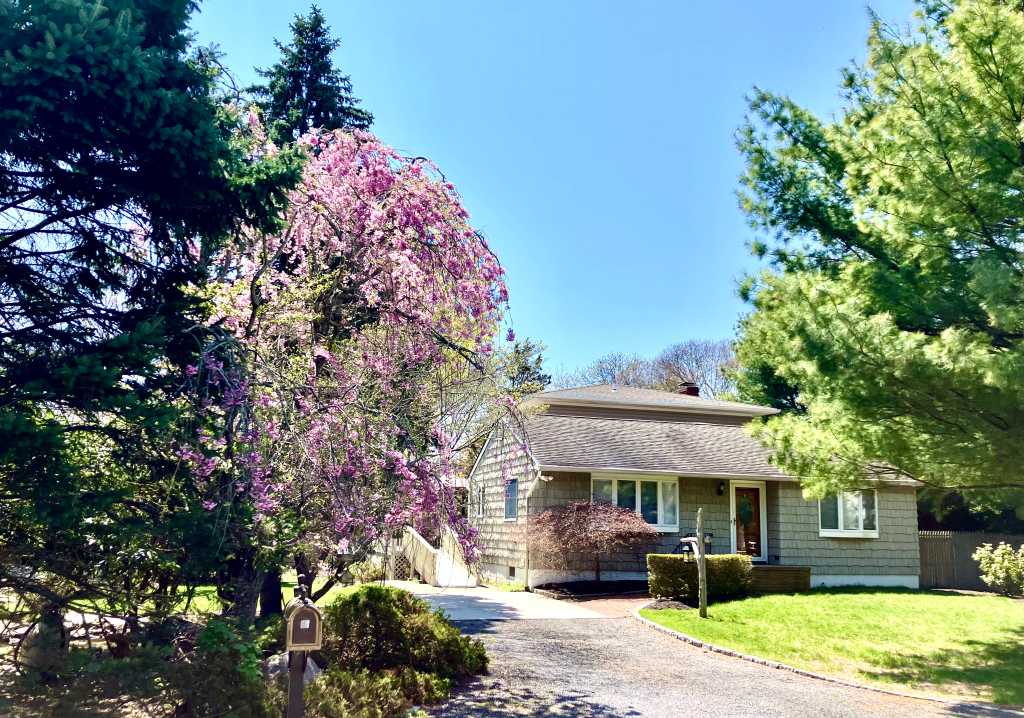Dark Skies Over East Hampton
The mission of the Dark Sky Society is to preserve and protect the nighttime sky. Their website asserts, “Our members support educational and legislative efforts to eliminate light pollution. Light pollution is defined as: glare, light trespass and light which is reflected into the night sky, contributing to sky glow, through the use of unshielded, misplaced, excessive or unnecessary outdoor night lighting. By eliminating light pollution, we can conserve energy, reduce glare and light trespass while maintaining our desirable community character, safeguarding our wildlife in their natural environment, and restoring our view of the starry night sky.”
How could this idea be controversial in East Hampton? East Hampton is all about preserving and protecting our environment—the village just banned the use of plastic bags last week.
What “controversy?” There is none, insists Susan Harder, leader of the Dark Sky initiative in East Hampton—except for the efforts of Councilwoman Theresa Quigley (R) to generate opposition to the town’s enacted 2006 Smart Lighting Code by making unsubstantiated charges that the law will create conditions that are unsafe, difficult and expensive.
“She is simply wrong to throw out the entire code,” Harder contends.
The Councilwoman has set up a committee that would allow for public input, Harder observes, but one not likely to change the Councilwoman’s intention to replace the existing legislation.
East Hampton’s 2006 code was drawn from its 1984 law and was made more enforceable and technically up to date. The 2006 law already has a delayed compliance date—the initial deadline extended compliance to 2010, and a second deadline is this March.
In an e-mail to this reporter, the Councilwoman says that a hearing on a proposed amendment to the 2006 law, a public hearing that generated an outpouring of comment on all sides, prompted her to schedule further discussions with “business representatives, our planning department, and other users to discuss the issue of how best to ensure we all enjoy a dark sky. In addition, the Supervisor and I met with an expert on planning and lighting and both thought that the structure of the MLO (Model Lighting Ordinance put out by the International Dark Sky Association and Illuminating Engineering Society) worked. That proposal was sent to the Planning Department for input and now we are reconvening a new group to look at the issue.”
Incidentally, Harder says, in her opinion, East Hampton Republicans are different from previous East Hampton Republican party officials. She points to other municipalities that have enacted lighting regulations, all sponsored by Republicans: Southampton has made and will continue to make effective adjustments in its law regarding commercial lighting, and Riverhead and Brookhaven “have even more stringent sunset requirements.”
“When we know better, we do better,” Dark Sky advocates say, and “a little bit of education goes a long way on this issue.” Once people find out what constitutes better lighting and how easily it can be achieved, Harder believes, “they’ll embrace it.”
How do you feel about the dark skies situation? Voice your opinion in the comments below.



